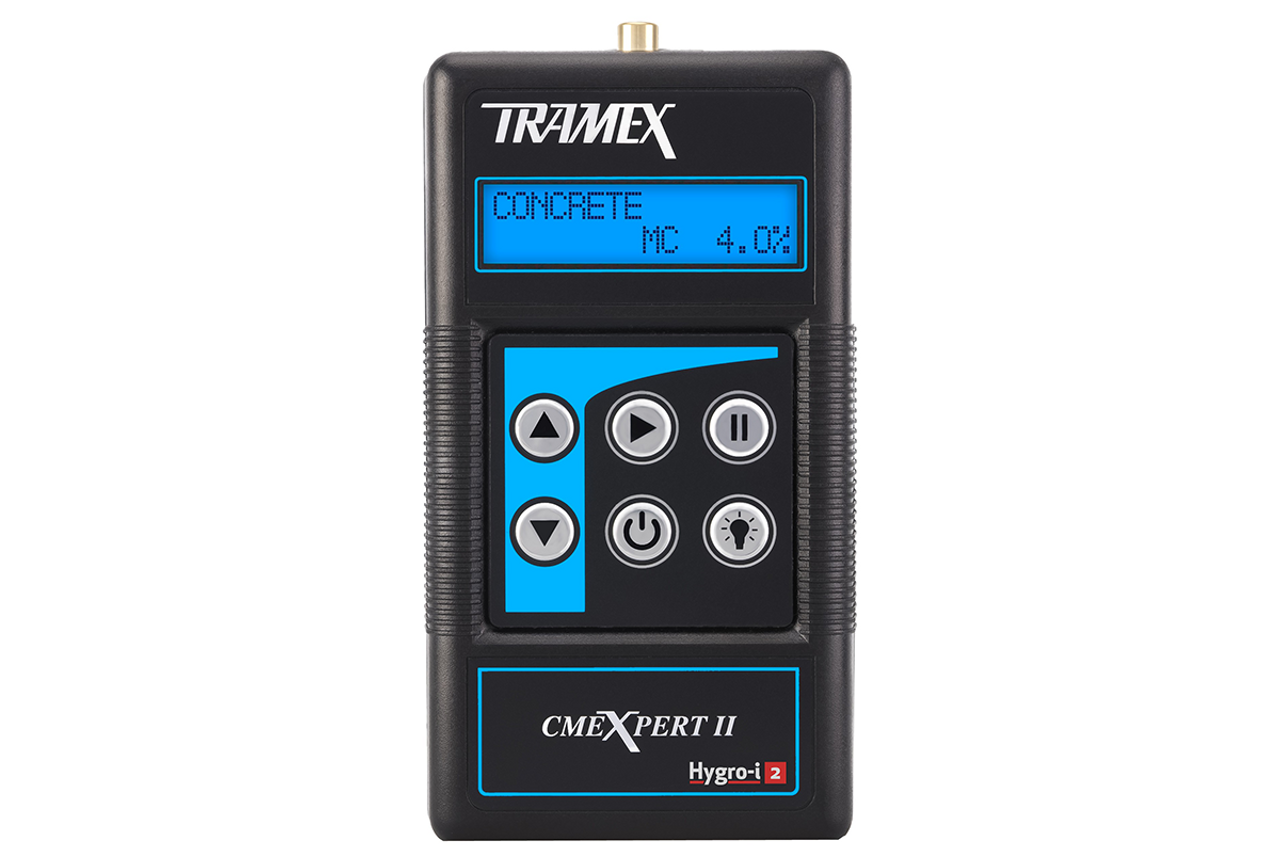Recognizing the Different Types of Moisture Meters and Their Applications
Recognizing the Different Types of Moisture Meters and Their Applications
Blog Article
The Ultimate Overview to Dampness Meters: A Comprehensive Summary and How They Can Save You Cash
Dampness meters serve as indispensable devices in spotting and keeping an eye on moisture web content in materials, helping in stopping pricey problems and ensuring the high quality of products. Recognizing the subtleties of different kinds of dampness meters, their applications, and the potential cost-saving benefits they offer can be a game-changer for experts and companies alike.
Sorts Of Wetness Meters
Numerous kinds of moisture meters are available for various applications in various sectors. One usual type is the pin-type wetness meter, which determines the electrical resistance between two pins put right into a product. This kind is ideal for wood, drywall, and various other building materials. Pinless moisture meters, on the various other hand, usage electromagnetic sensing unit plates to scan a larger area without creating damages to the product's surface. Moisture Meter. These meters are perfect for quickly evaluating dampness levels in large locations such as floors and walls.

Moreover, there are likewise specialized wetness meters designed for particular materials like soil, grain, or hay. These meters offer exact dampness analyses tailored to the special residential or commercial properties of the product being evaluated. Infrared moisture meters measure the thermal residential or commercial properties of a material to establish its wetness web content non-invasively, making them beneficial for applications where pin or pinless meters may not be appropriate. Recognizing the different kinds of dampness meters available can assist markets choose the most proper device for their particular moisture dimension demands.

Advantages of Making Use Of Dampness Meters
Moisture meters supply important advantages in accurately analyzing and keeping an eye on moisture degrees in diverse products and settings. One of the key benefits of using dampness meters is the prevention of prospective damage triggered by excess wetness.
Furthermore, utilizing dampness meters can lead to boosted energy efficiency. In agricultural setups, moisture meters play a vital function in enhancing plant yields by allowing farmers to keep track of soil moisture levels and make notified irrigation choices.
How to Choose the Right Wetness Meter
When choosing a dampness meter, it's crucial to make sure that the meter is suitable for the particular material you will be testing. Various products have differing electrical buildings that can check it out impact moisture readings, so choosing a meter developed for your product is vital for precise outcomes. By meticulously examining these factors, you can pick a wetness meter that meets your requirements and offers exact wetness measurements for your tasks.
Appropriate Techniques for Dampness Meter Usage

Price Savings With Moisture Meter Applications
How can the calculated application of dampness meters lead to substantial price financial savings throughout different markets? In the agriculture sector, wetness meters aid in identifying the optimal time for harvesting plants, stopping over-drying or excess moisture that can influence the final product's quality.
Similarly, in construction, wetness meters assist avoid pricey problems by detecting this hyperlink dampness levels in building products, such as wood or concrete, which can bring about architectural problems if not addressed without delay. By identifying trouble areas at an early stage, professionals can take corrective actions to stay clear of substantial fixings or substitutes, ultimately saving time and cash.
Additionally, in the food handling sector, wetness meters are essential for checking item top quality and making sure conformity with security regulations. By precisely measuring wetness content in foodstuff, producers can prevent wasting, keep quality, and lower waste, resulting in substantial expense financial savings. In general, the critical application of moisture meters is a beneficial investment that can result in considerable cost decreases and enhanced performance across various sectors.
Verdict
In conclusion, moisture meters are important tools for measuring and discovering wetness levels in various materials. By making use of the appropriate wetness meter and following appropriate strategies, customers can efficiently prevent expensive damages caused by excess moisture.
Dampness meters offer as vital devices in detecting and monitoring moisture web content in materials, aiding in stopping costly damages and guaranteeing the click here now high quality of products. Infrared moisture meters measure the thermal buildings of a material to establish its dampness web content non-invasively, making them valuable for applications where pin or pinless meters might not be suitable.Moisture meters use very useful benefits in precisely evaluating and keeping track of dampness degrees in diverse materials and atmospheres. In farming settings, wetness meters play a crucial function in maximizing plant returns by enabling farmers to keep an eye on dirt moisture levels and make notified watering choices.In conclusion, wetness meters are valuable devices for discovering and gauging moisture degrees in different materials.
Report this page